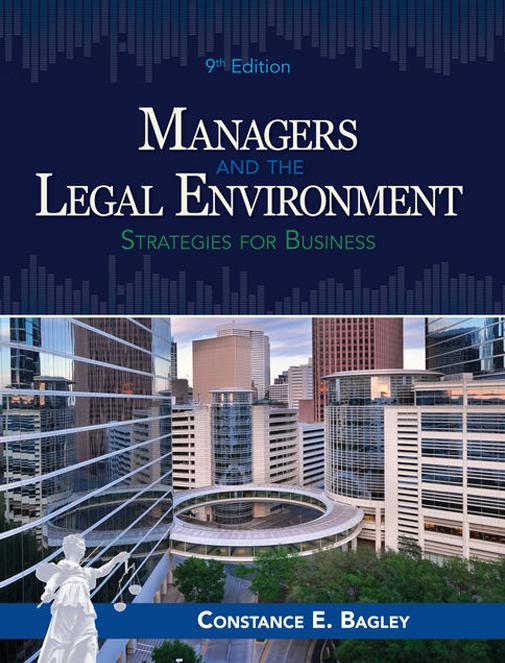Question
1. A fundamental responsibility of government is to intervene in markets where the private cost of some activity is A. higher than the social cost.
1. A fundamental responsibility of government is to intervene in markets where the private cost of some activity is
A. higher than the social cost.
B. different from the social cost.
C. less than the social cost.
D. neither higher than nor less than the social cost.
2. Arrow's impossibility theorem states that when any group is making a decision among three or more alternatives no voting system will satisfy a set of reasonable criteria that most individuals would expect from a fair, democratic, process without violating which of the basic processes:
A. all of the above
B. unrestricted domain
C. completeness
D. transitivity
3Jason and Jane are discussing the properties of markets. Jason argues that because markets are driven by voluntary actions, market outcomes always promote the overall social welfare. Jane argues that while markets may make many people better off, illegal markets have the same "self-healing" properties as legal markets and reduce overall social welfare. Who is correct?
A. Both Jason and Jane are correct.
B. Only Jane is correct.
C. Neither Jason nor Jane is correct.
D. Only Jason is correct.
4When you hold all other factors constant and calculate the incremental output produced by one additional unit of labor this is called _________
A. maximized utility
B. regulated market
C. marginal product of labor
D. comparative advantage
Step by Step Solution
There are 3 Steps involved in it
Step: 1

Get Instant Access to Expert-Tailored Solutions
See step-by-step solutions with expert insights and AI powered tools for academic success
Step: 2

Step: 3

Ace Your Homework with AI
Get the answers you need in no time with our AI-driven, step-by-step assistance
Get Started


